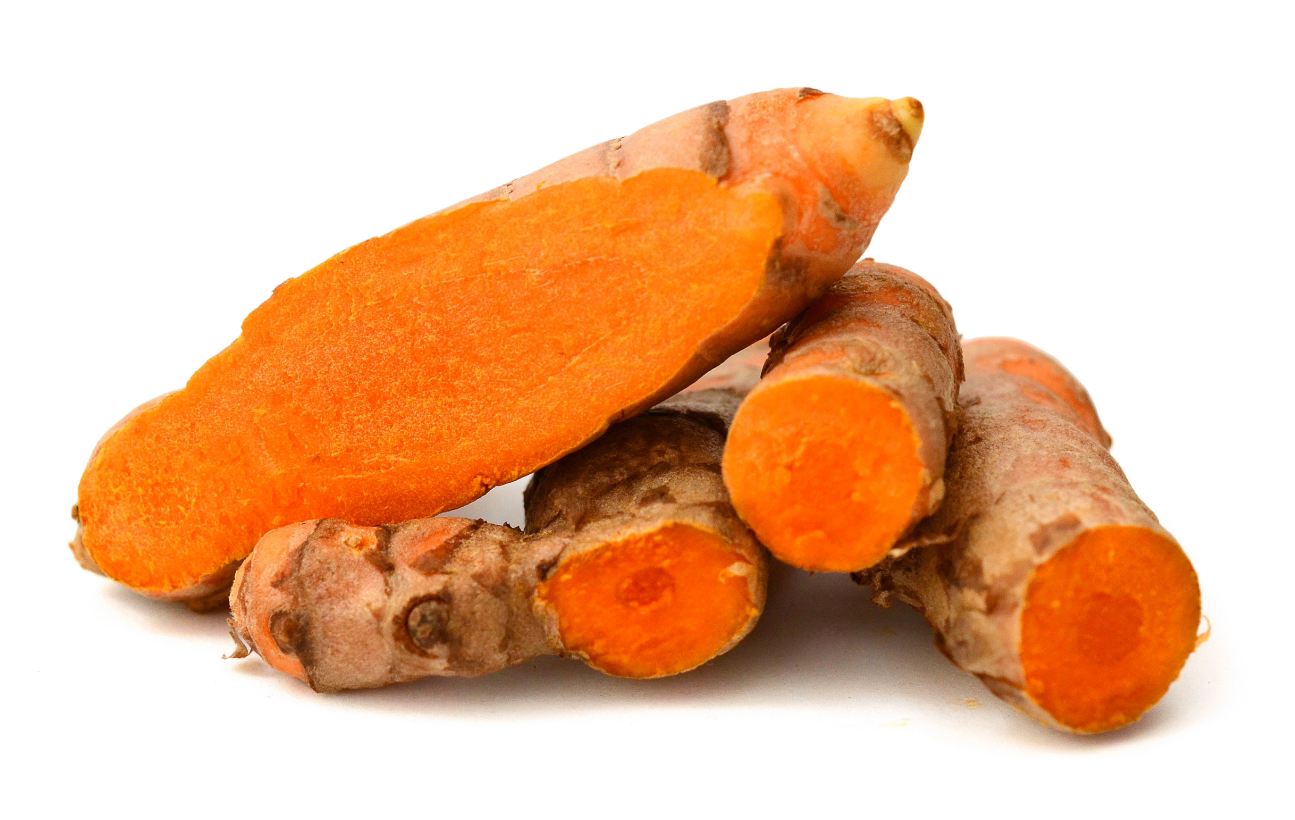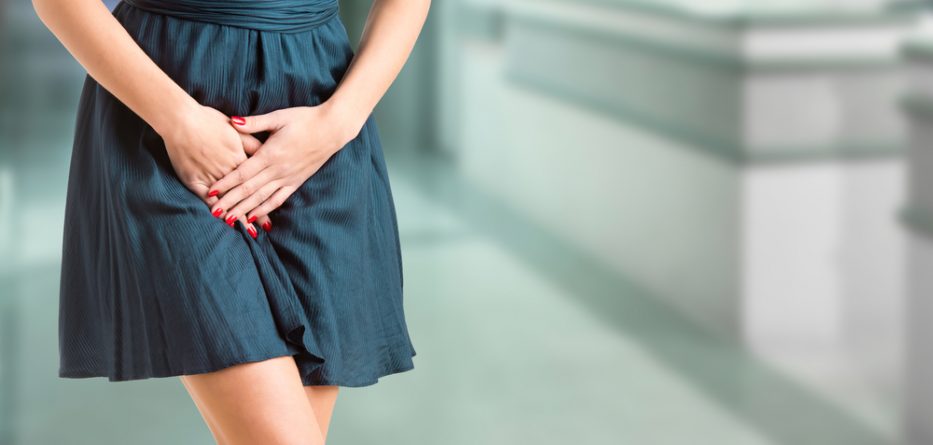Urination is the body’s method of removing liquid waste. It consists of salt, water, urea, and uric acid. Even though most of us pay very little attention to our pee, it can be a great indicator of what is happening in our bodies. The color, smell, and frequency with which we urinate can tell us something about our overall health. Medications, food, alcohol ingestion, and being sick can all change how our pee turns out.
Color
Healthy urine is generally a yellow or golden color. The golden color comes from urochrome – a pigment made in our bodies. If you have been drinking a lot of water, your pee could be colorless, and if it is darker – more brown colored- it could mean that you are dehydrated. This means you should drink more fluids, water namely. If the color of your pee doesn’t lighten after a day or two of increased fluid intake, you should see your doctor. It could be a sign of liver disease.
If your pee is pink or red, it could be for as simple a reason as you’ve eaten foods with a pinkish red coloring, for example, beets, carrots, or blackberries. Medications such as rifampin or phenazopyridine can also cause your urine to turn this hue. If you haven’t ingested anything like this, it could be a sign of blood in your urine. While this is not always an issue, it could signify a UTI, prostate issues, kidney disease, or even tumors.
If your urine is frothy or foamy at all you should speak to your doctor. It could be an indicator that there are problems with your kidneys. Other colors you urine could turn are orange or blue/green. Mostly this is down to the food you are eating, but again, if it persists for more than a day or 2, you should consult your doctor to ensure there is no underlying issues.
Smell
Generally speaking, urine doesn’t have much of a smell. If you’re dehydrated it can smell pretty concentrated – that smell is ammonia. Some foods can also affect the smell of your pee, asparagus or vitamin B6 supplements can cause a strong sulfur smell.
If there is anything especially strong you can smell, that you’re not used to, it could be a sign of a UTI, diabetes, metabolic diseases, or a bladder infection, so be sure to talk to your doctor about it.
Frequency
There is no set number of times a person should urinate in a day – everyone is different and it all depends on how much you are drinking and eating, and what you are drinking and eating. Alcohol and caffeine can increase your need to pee, certain medications, and being pregnant can also cause you to need to empty your bladder more often.
If you feel like the number of times you need to pee is any way abnormal, or not explained by your diet or medications, then you should speak to your doctor. Excessive need to pee can be an indicator of UTIs, infections such as vaginitis or cystitis in women, or an enlarged prostate in men. While UTIs are extremely uncomfortable and generally need to be treated with antibiotics, if you are a male and contract a UTI it is extremely important that you visit the doctor as soon as possible.
Overactive bladder is also a condition that can be the underlying cause of the frequent need to urinate. It is more common in older men and women though it is not ‘normal’. Your doctor can help you treat this condition through medication and lifestyle changes.
Featured Image: DepositPhotos/ ruigsantos




